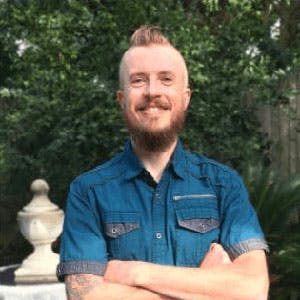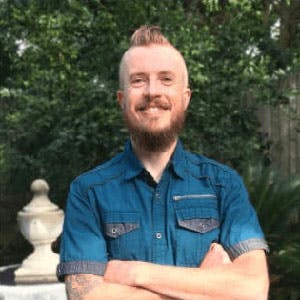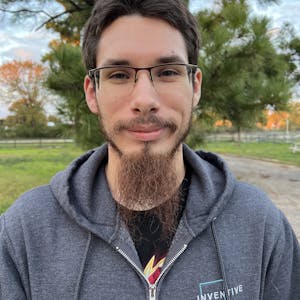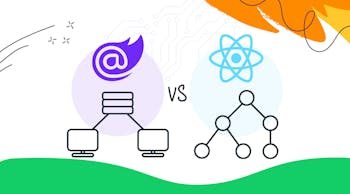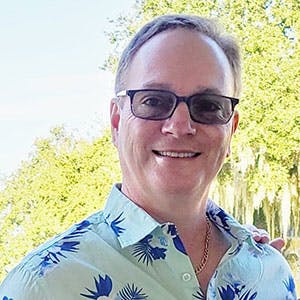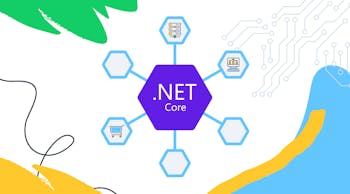The heat had followed me north like a curse. Portland, usually damp and brooding, was hot and hazy the week I arrived. After clawing my way out of the 100-degree furnace of South Texas, it was as if I’d smuggled the summer in my carry-on.
Between the unusual heat, the IPAs, and the glow of too many laptop screens, WordCamp US 2025 rolled into town like a caravan of code-slingers and caffeine addicts chasing the dream of a better, faster, stranger WordPress.
I found myself in the thick of it—badge swinging from my neck, notebook in one hand, a coffee in the other—surrounded by old friends, new faces, and a collective mania for pushing a CMS into uncharted territory.
I've included links to overviews and replays of some of my favorite sessions below.
Contributor Day
Before the sessions and showcases, there was Contributor Day—the beating heart of WordCamp, where the code gets sharpened and the future takes shape. I joined the Core team, slipping behind the curtain to see how the open-source sausage is made.
It wasn’t just theory. I watched seasoned contributors wrestle with bugs, debate features, and map out the work heading into the next WordPress release. For a few hours, I was in the thick of it—hands on keyboard, learning how to file issues, test fixes, and inch closer to becoming a contributor myself.
There’s something surreal about watching the platform billions rely on take shape in real time, guided not by boardrooms or corporate edicts, but by volunteers hammering away at tickets in a room buzzing with energy and permeated with a sweet aroma made possible by Portland Coffee Roasters.
Showcase Day Fever
The second act was Showcase Day, and this was where things got strange (in the best way).
- Reimagining WordPress Editing: The Wall Street Journal decoupled Gutenberg, dropped it into a React ecosystem, and weaponized the REST API to push out stock tickers and breaking news with the speed of a barista slinging shots of espresso during rush hour.
- The Site Speed Frontier: Performance Lab engineers showed us that Lighthouse scores are just polite lies. Real speed lives in LCP, TTFB, image prioritization, and speculative loading. I learned that even with a Lighthouse score of 100, your site isn’t perfect—it’s just flattering you. When it comes to speed, every millisecond counts, and those milliseconds vanish like RAM under Chrome with a hundred tabs open.
- Coding the Magic: A Journey Through Aloha: A WordPress experiment inspired by Walt Disney’s multiplane camera. Layered animations, speculative loading, view transitions—all the tricks to make websites feel like animated films. Half circus, half science fair - but still part of the same spell Disney cast decades ago: making the impossible look effortless.
- Scaling WordPress: How CANCOM Manages 150 Sites with One Smart System: Running a few sites is hard enough. Try 150 with a single marketing team and no developers in sight. Jakob Trost from Greyd showed how CANCOM pulled it off with Full Site Editing, reusable templates, and content automation. What should’ve been a maintenance nightmare turned into a smooth, no-code machine. Think herding cats—except the cats are WordPress sites, and somehow they’re all marching in formation.
The Jim Joseph Foundation Site Revamp: WebDevStudios posed a dangerous question: what if one WordPress site could run multiple themes? Their answer was Theme Switcher Pro, and they tested it in the wild with the Jim Joseph Foundation. The result was a block-based rebuild done on the cheap, rolled-out piece by piece, without torching the old site. It was agile, messy, and deeply human—like swapping engines mid-flight and somehow landing the plane smoother than before.
The Technology Parade
Sessions came fast and heavy, like an IV drip of innovation. Some highlights included:
- Core AI & The Future of Plugins: The WordPress Core AI team dropped their building blocks: a PHP AI Client, the Abilities API, and an MCP adapter. In plain English: a future where your plugin doesn’t care whether it’s talking to OpenAI, Anthropic, or some future AI lurking in a basement lab. Write once, integrate anywhere.
- A PHP Developer’s Guide to ReactJS: A history lesson disguised as a pep talk. From Brendan Eich’s 10-day miracle in ’95 to React powering 11 million sites, it was a reminder that even WordPress devs need to speak React if they want to survive the next cycle.
- The Block Developer Cookbook: Less a lecture and more a hands-on kitchen experiment. Everyone in the room got to vote on which recipes to cook up, and the menu didn’t disappoint. It was equal parts code jam and group therapy—learning how to make blocks dance, fade, and morph into new forms without burning down your database in the process.
- Turn Your Local Install into an AI Coding Assistant: A practical deep dive into connecting AI tools with your WordPress environment, turning your local site into a sandbox for experimenting with AI-driven coding workflows. It felt less like a demo and more like cracking open the lab door to glimpse the experiments that may rewrite how we all build tomorrow’s sites.
The Keynotes and the Big Picture
The final day brought the keynote addresses—the crown jewels of the weekend. The buzz in the hall was electric, the kind of charged anticipation that makes you sit up straighter and wonder what’s coming next.
- Cozy AI Cooking: WordCamp Edition (Keynote): John Maeda framed AI as an ingredient every modern builder should understand, inviting us into a “cozy kitchen” to demystify how it works, why it matters to WordPress, and how to approach it with curiosity and care. Rooted in ideas from How to Speak Machine, he explored the shift to machines that seem to “speak human,” and the WordPress tension between prose and code as poetry—arguing AI should not just automate, but spark the words and code only you can create. A grounded, mise-en-place view of AI: less hype, more craft.
- A Community United: The closing keynote hammered home what WordCamp is always about: a ragtag community of dreamers, designers, and digital carpenters pulling in the same direction, even when they argue about everything from block patterns to naming conventions.
Beer, Community, and the Madness of WordPress
Between sessions, we filled Portland bars and coffee houses, trading plugin horror stories and Gutenberg gossip over local brews. It was equal parts therapy and conspiracy, laughter cutting through the technical jargon. By the time the sun set over the Willamette, it was clear that this wasn’t just a conference. It was a declaration: WordPress is alive, mutating, evolving, and dragging us—willing or not—into its next chapter.
So here’s to Portland, the community, and another year of coffee-fueled ideas, impossible deadlines, and the endless frontier of code. WordCamp US 2025 reminded us all: the platform is only as wild as the people who keep building it.

